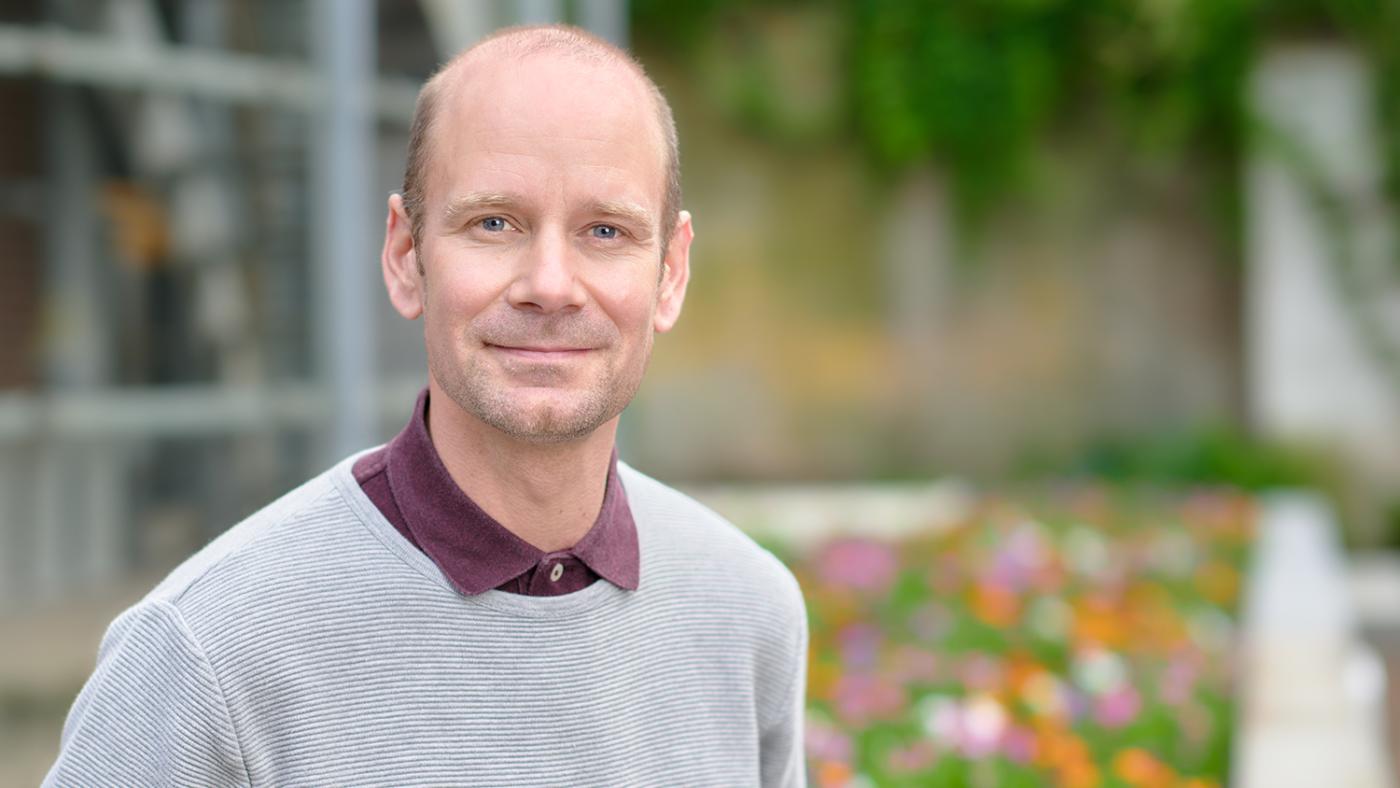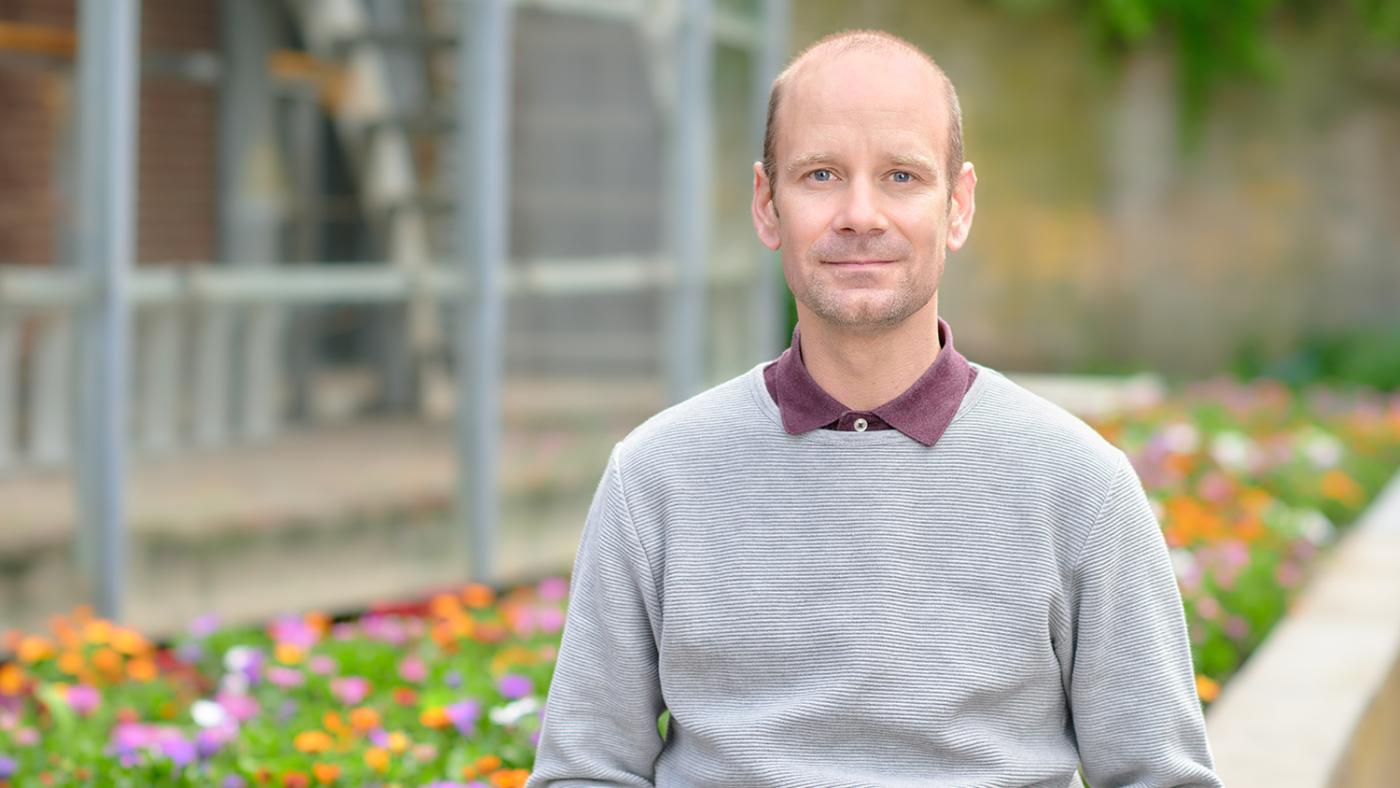Ecocide and the European elections
‘The damage to the environment is so severe that we need to criminalise it’

In the run-up to the European elections on June 6, DUB interviews several scientists about current European themes. In this second article, environmental criminologist Daan van Uhm talks about his fight to get crimes against nature penalised through criminal law. “There are great economic and political interests at play which makes the debate about criminalising ecocide very tricky.”
For about five years, legal experts and corporations have been following important court cases, including the one from the environmental organisation Milieudefensie (Environmental Defence, Ed.) against Shell. The non-profit sued the oil corporation because its climate-related plans were insufficient to reduce global CO2 emissions, so they conflicted with the European Convention on Human Rights. In 2021, the court agreed with them: Shell must reduce its CO2 emissions by 45 percent.
Never before had a company been sentenced for its influence on climate change. Although the case is still ongoing – the higher court’s verdict is expected around September – it is considered a precedent. More and more often, corporations and governments are being sued for activities that damage the environment, and those cases are often based on European laws. A group of elderly Swiss women recently accused their nation of violating human rights because it is not doing enough to tackle climate change. They, too, were right, according to the European Court of Human Rights.
But, in the legal field, more voices are popping up to use criminal law when prosecuting individuals and organisations that cause environmental damage and climate change. Activists and legal experts want to criminalise these activities under the heading of "ecocide". That means doing large-scale or long-term harm to the environment. The UU research group Conceptualising Ecocide studies this development and contributes to it.

Daan van Uhm. Photo: Cathy van Schaik - Beeldboot
Ecocide as a core crime
As the damage from the biodiversity crisis, climate crisis, and other environmental issues becomes increasingly visible, the call for criminalisation increases with it, says Daan van Uhm on the phone. He’s a "green" criminologist who specialises in crimes against nature. As the leader of the research group, he is set to travel to Northern Africa that day for a study on environmental crime.
“There’s quite a lot of legislation, but that’s limited to civil and administrative law,” he explains. When a corporation or government damages a river or a local ecosystem, judges tend to issue fines. But as environmental damage can be profitable, fines no longer work as a scare tactic. By including severe, long-term destruction of the environment in criminal law, it will be possible to sentence individuals and demand harsher sentences, including prison sentences.
After World War II, countries created a list of international "core crimes" such as genocide and war crimes, but the destruction of the environment was not included. This ignited a lengthy discussion – for example, during the Vietnam War, the USA used the chemical Agent Orange to destroy large expanses of forest in Vietnam. The same debate resurfaced amidst the establishment of the International Statute of Rome in the International Criminal Court in 1998. Van Uhm says: “Ecocide almost made the list.”
But times are changing. The European Parliament recently adopted a new regulation for environmental protection, which states that violations "comparable to ecocide" will be punished more harshly. The document mentions damaging ecosystems, loss of habitat, damage to water and soil quality, and illegal deforestation, among others. EU member states have two years to implement the regulation. In December, the Party for Animals (PvdD) sent a draft bill on ecocide to the Dutch Parliament.
Van Uhm and his research group provided input for the draft bill. He warns that the discussion isn’t over yet: it’s still unknown how countries and legal organisations will interpret the regulation. Besides, ecocide is not a criminal offence internationally yet. But regulations like this one, or the mention of ecocide in the Statute of Rome, also have symbolic power. “We’re setting a new standard: as a society, we feel that the often permanent damage to ecosystems, indigenous peoples, and non-human animals is such a severe form of violence that we need to be able to handle this through criminal law.”

Exploitation embedded in our language
As an environmental criminologist, Van Uhm is in a new, fast-growing field. “Until recently, criminology only treated human victims, but what happens with the perpetrator-victim dynamic when the victim is a non-human animal, a river, or even an entire ecosystem? How do you represent these entities, and how do you define the damage to an ecosystem in legal terms?”
To answer these questions, both his research field and the UU research group are strongly interdisciplinary. On the one hand, interactions between criminologists, legal experts, geologists, biologists, and ecologists are necessary to be able to identify ecocide. On the other, ecocide is also important for culture scientists.
Van Uhm explains that ecocide fits within a broader cultural shift from a human-focused to a more ecocentric worldview. “Since the industrial revolution, especially since the 1950s, we’ve been seeing an increase in population, energy use, fishing, and other forms of consumption, with all the corresponding consequences such as an increase in pollutant CO2 emissions and a decrease in biodiversity. This exploitation of nature is normalised in our culture, for instance in our language use.”
As an example, he mentions terms like "natural resources" and "ecosystem services", in which nature is framed as a subject meant to serve humans. This is not the only way one can speak and think of nature, as evidenced by studies of non-western cultures. “Indigenous people see nature as a part of their existence and explicitly assign powers or values to certain rivers or trees.” Such an ecocentric perspective can help us better protect the environment, argues Van Uhm.
Environmental law
But the systematic processes through which nature has become something to profit from – in other words, the commodification of nature – are unruly. “There are enormous economic and political interests at play, which make discussions about criminalising ecocide very tricky. After all, the exploitation of nature is part of a trade pattern for companies and nations. If it becomes easier to prosecute them, well, that scares them off.”
In the European Parliament, environmental law is often under pressure from right-wing parties and corporations’ lobbies. The European Nature Recuperation law that was accepted earlier this year was torn to pieces, according to Dutch newspaper Volkskrant.
But what is going to happen if right-wing parties win big in the upcoming European elections? Van Uhm stresses that the elections are of great influence on the approach to environmental crime. “In this political field, there are parties and individuals who have got crimes against nature on the agenda and this can be important to keep in mind when voting.”